Mozambique: Sofala governor inaugurates rice processing plant in Mafambisse - photos
Cashew sector in Mozambique: Government plans to suspend subsidies for pesticides – Noticias

File photo: Noticias
The Cashew Promotion Institute (INCAfU) is considering reducing its involvement in the acquisition of pesticides for the chemical treatment of cashew trees, with the institute’s head Economic Analysis and Industry explaining that, at present, the treatment of cashew trees is fully subsidised by the Government, representing an annual expense of around US$3.5 million.
“The state has been paying for this for about 19 years, and we now need to start transferring the cost to the private sector,” Lúcia António said.
António explained to ‘Noticias’ that the state had been supporting the industrial cashew sector under Law 13/99 of 1 November, which provides for the export of raw nuts to be subjected to a subsidy of between 18 to 22 percent.
“In addition, the Right of Option rule in the country’s legal system privileges the supply of raw materials to the domestic industry. In our view, these measures are sufficient to protect the domestic industry,” she said.
Lúcia António also explained that, currently, 80% of the revenue resulting from the application of the overvaluation rate is used to promote cashew production and 20% to support processing.
About the involvement of commercial banking in the cashew sector, António said some guarantee funds had been set up between INCAJU and national financial institutions. “We have guarantee funds with Banco Nacional de Investimentos (BNI) and Banco Comercial de Investimentos (BCI) amounting to 115 million meticais,” she explained.
Since 2012, the Agribusiness Credit Guarantee Programme, budgeted at 135 million meticais and financed by the North American Agency for International Development (USAID), had channelled financial resources into processing, the purchase of raw material, and the export of cashew nuts, she added.




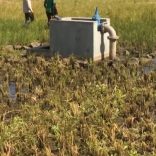
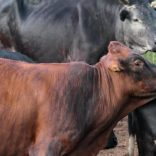
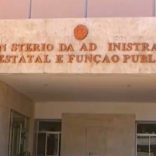
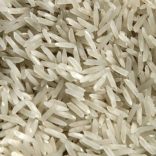



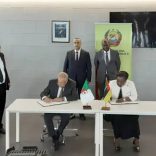

Leave a Reply
Be the First to Comment!
You must be logged in to post a comment.
You must be logged in to post a comment.